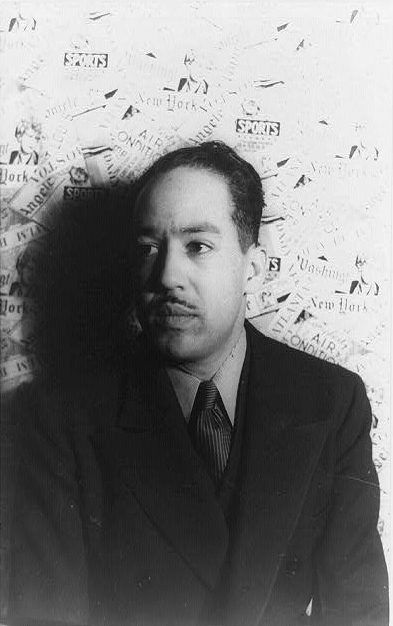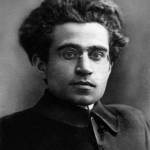
Many students use Plato’s ideas without realizing they are doing so. As a result, we end up discussing Plato again and that can be tiresome. We must talk about Plato to understand our assumptions, but Plato ends up everywhere!
The longer we have believed an idea, the more it slips into the cracks of our minds. We embrace it without knowing it. This is dangerous because if we do not understand why we think something is good, we might cease to take the truth seriously, or even use the good thing badly and so cause harm.
Even worse is when our history causes a very bad idea to be in the air of the classroom we attended, the water we drank after games, defining the earth where we stand.
Generally, when the students in my discussion classes get “stuck” on an idea, making no progress, it is because part of the class is not listening. Sometimes it helps for the room to stop, listen to each person, and process.
Sometimes that is not enough. Sometimes my students and I can understand the intellectual problem, but not the feeling behind it. I cannot “get” the idea because the motive behind the idea is missing in my heart.
This is why I have always suggested that to discuss a book, you have to learn to love it—or at least see why other people have loved it. To refute an idea, you have to grasp why people have wished the idea to be true.
What This Has to Do with Race
Race in America is not just a topic, but the continuous experience of millions of Americans. Friends of every race tell me they get tired of having to talk about race. Some of my friends, those of color, are tired of talking and having nobody really listen.
I must begin by listening.
Listening is a start, but not enough. It must be ground into my very being what it is to be beautiful, good, and wise and yet be treated like a child.
I have to know what it is to feel that the culture of my Mother and Father is viewed as stupid and unworthy.
I have to know what is it to love America and have America treat me like a child at best and a servant at worst.
Friends help, but that is a burden that usually they should not have to bear. They should be free to live their God-breathed lives without “helping me.” We have to talk, God knows, and I have to listen, but sometimes this is too much to demand.
This is when great minds, great writers come to the rescue.
How Langston Hughes Helps Me
I read in order to feel and nobody helps (at least me) more than Langston Hughes. He is greater than I am but still reaches my heart, soul, and mind. This beautiful soul wrote this:
I, too, sing America.
I am the darker brother.
They send me to eat in the kitchen
When company comes,
But I laugh,
And eat well,
And grow strong.
Tomorrow, I’ll be at the table
When company comes.
Nobody’ll dare
Say to me,
“Eat in the kitchen,”
Then.
Besides,
They’ll see how beautiful I am
And be ashamed —
I, too, am America.
I reflect, but it is better if I feel. What is it to be sent to the kitchen as a servant when one is an equal or a superior? What is it to know one is beautiful and be treated as ugly? What is it to endure and still be great? What is it to have to assert to the nation one loves that one is an American?
Poetry teaches me the right ideas, forces me to talk (again!) about what I must learn, but it also helps me feel as my brothers and sisters, some my betters, feel. Piercing pain, true friendship, visions of beauty, wisdom, and delight make me untired of conversations that become wiser, virtuous, and more joyful.
I cannot get tired of that, God help me.
Rachel Motte edited this essay.















